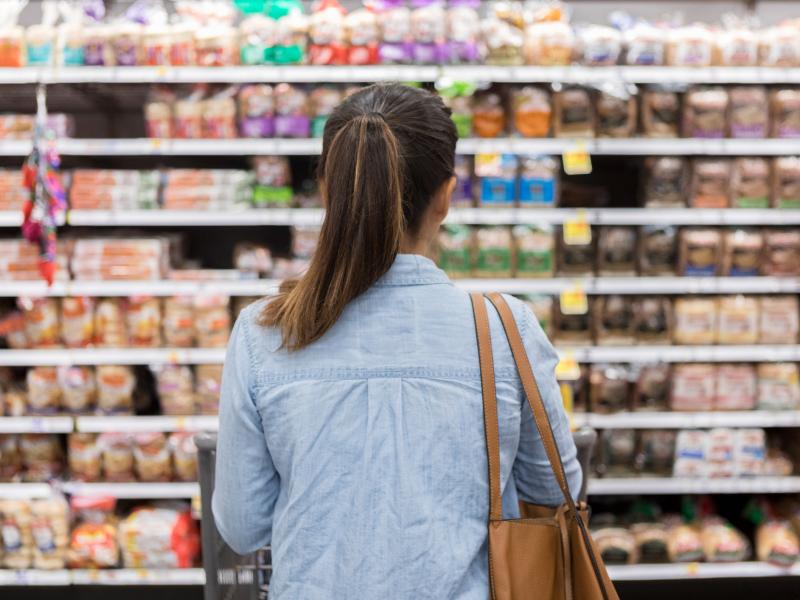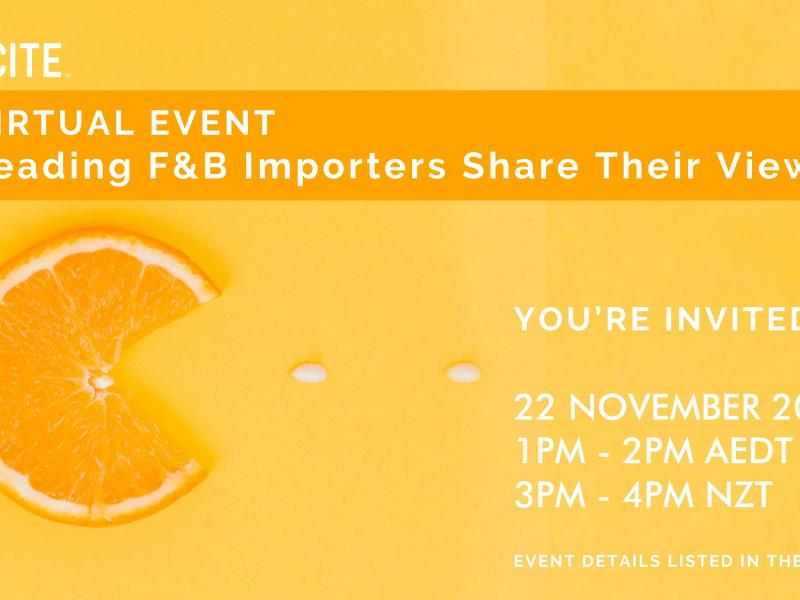It's been a long time coming, but New Zealand finally has a Free Trade Agreement with South Korea, and the reaction from various export sectors has been positive.
Commenting on the news, NZ Winegrowers CEO Philip Gregan says the negotiators have achieved a great outcome for the wine industry. "Tariff free access into South Korea at the time the agreement comes into force represents a significant boost to our export ambitions in one of the key Asian markets.
"Until this deal our competitive position in South Korea has been really handicapped because a number of our competitors have enjoyed tariff free access into the market. We saw the negotiations with South Korea as the opportunity to correct this imbalance. Duty free access under the agreement will level the playing field and will be a sign that the Korean market is open for business for New Zealand wine exporters."
Wine exports to South Korea are currently valued $2 million for the June year end 2014.
New Zealand Horticulture Export Authority CEO Simon Hegarty says the much anticipated trade deal is a significant achievement that will provide tangible benefits to the majority of NZ horticulture export sectors and Korean consumers demanding our high quality, healthy food products.
New Zealand exports approximately 60% of its horticulture production at a value of NZ$2.4 billion and Korea is the destination for almost 3% of that. It is the horticulture sector’s 7th largest export market in value terms with exports in 2014 amounting to NZ$64 million. However, these exports attracted an estimated NZ$25 million in tariffs at an average 39% of the value and this has contributed to the decline in trade to this market in the past two years, says Hegarty.
Korea is one of a few particularly high tariff markets -- reflecting its strongly protectionist approach to imports. New Zealand exporters currently face tariffs in Korea ranging from 18% for prepared potatoes (French fries) up to 45% for kiwifruit, tomato juice and apple juice. Under this agreement these tariffs are either reduced to zero
once the agreement enters into force, or on a 5-10 year phase-out period.
"While the final deal is less comprehensive (in terms of product coverage) than we would like, it is worth noting that 93% of the current $25 million tariff costs will be eliminated after 5 years," says Hegarty.
Pramuk Perera, the first doctoral researcher in International Business at the University of Otago, describes the Korean FTA as another remarkable milestone in New Zealand’s international trade history.
"It will expand the Koreans' and Kiwis' opportunity to consume probably the most advanced technological products and best agricultural products respectively. Most importantly, from our economy perspective the Korean FTA will help to reduce the risk of high dependency on export markets such as China and Australia."
Perera says his recent discussions with top executives in New Zealand's export industries highlight the fact that the FTA with Korea will help level the playing field.
"New Zealand industries clearly see the significance of gaining a competitive advantage in the Korean market."





